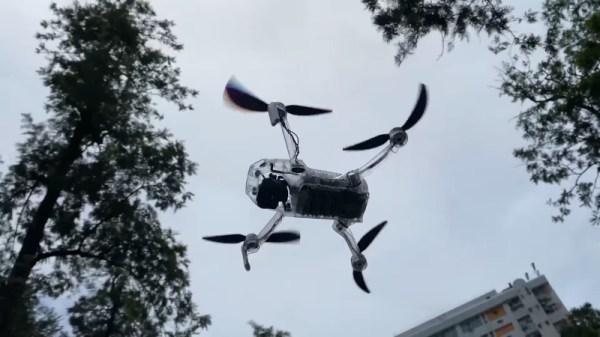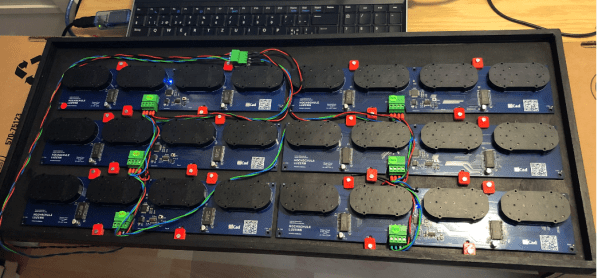When someone creates a US patent, they go through a review process to stop the most blatant copies from previous patents or pre-existing work. After this, you may still have bad patents get through, which can be removed through litigation or publicly accessible methods such as Inter Partes Review (IPR). The latter of which is planned to be changed as we know it in the near future.
IPR is a method where an individual can claim that an existing patent is invalid due to pre-existing work, such as something the individual should have creative ownership over. While there is always the litigation method of removing blatantly fraudulent patents, a small business or the average person is unlikely to have the funds.
New regulations are changing how IPRs can be filed in some substantial ways. Now, if someone files an IPR, they give up the right to future litigation on their rights over a patent. This is obviously not ideal for someone who may have their own products on the line if an IPR is to fail. Additionally, IPRs will no longer be able to be even tried if there are existing cases against the patent, even under poor previous cases. While this change is meant to increase the efficiency of the patent office, there are some serious consequences that must be looked into either way. The patent office also cites IPRs being beneficial to larger organizations rather than the smaller businesses, though you can make your own conclusions based on the U.S. Patent and Trademark Office’s arguments here.
Hackaday certainly can not give any legal advice on how this change will affect you, but there are cases given by both sides that may persuade you to write to your legal representatives if you live in the States. Even still, we here at Hackaday have seen our fair share of patent trolls causing issues. If you want a case of blatant patent shenanigans check out these 3D printing layers that promise improved strength!
Thanks [patentTrollsAreTheWorst] for the tip!














